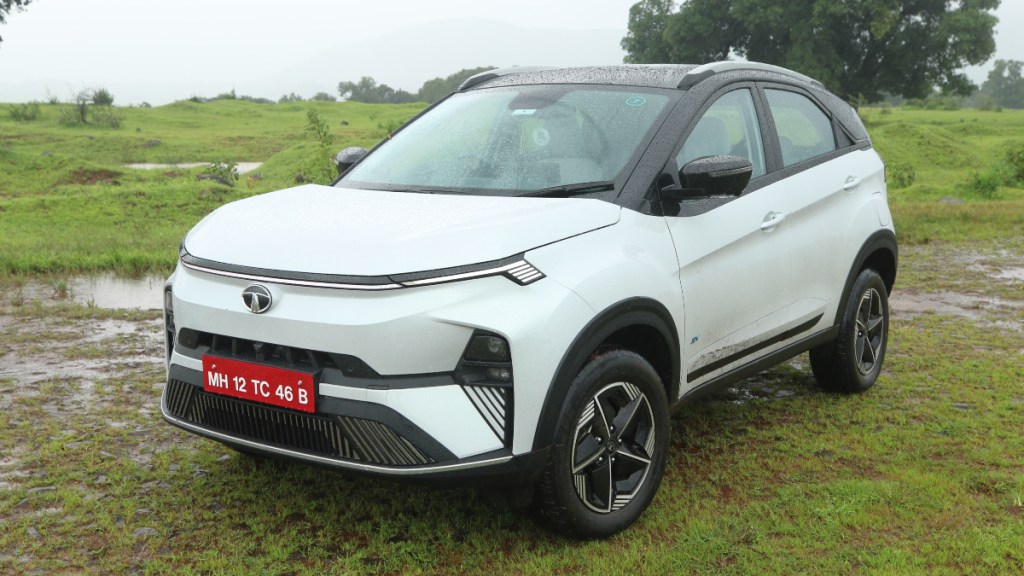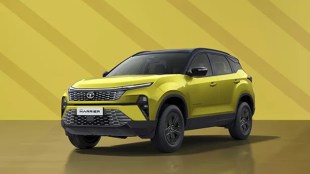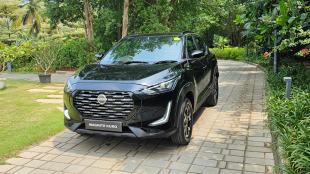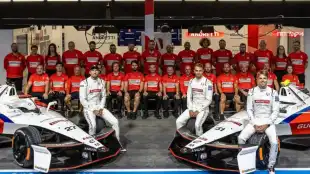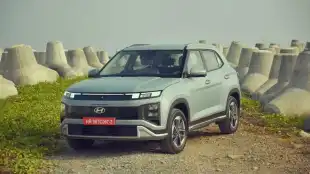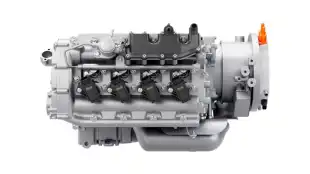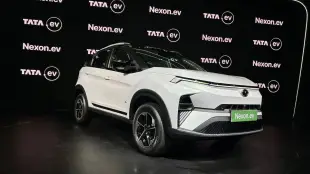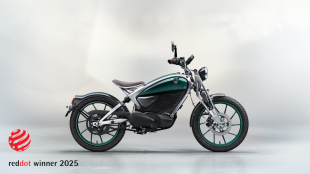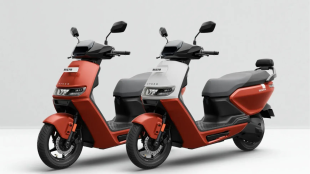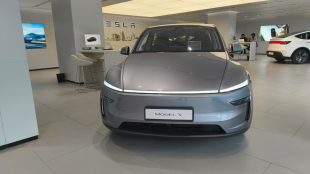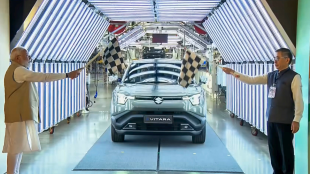In the backdrop of the recent proximity between Tesla Inc. and the Indian Government, there are reports of discontent among automotive manufacturers based out of India. As per a Reuters report, Tata Motors is believed to be pressing Indian officials not to lower import taxes of 100% on electric vehicles and to protect domestic industry and its investors.
This comes at a time when the government is reviewing Tesla’s plans to enter the market. After initial disagreements over taxations, talks between the American EV manufacturer and the Indian government resumed in May earlier this year.
New import duty policy
According to a Bloomberg report published last month, the Government of India is closing in on an agreement with Tesla Inc. As per the new agreement, the US automaker will be able to ship its electric cars to the country from next year and set up a factory within two years. Earlier last month, Union commerce minister Piyush Goyal visited Tesla’s California-based manufacturing facility.
For the uninitiated, India is working on a new policy to cut import taxes on EVs to as low as 15% for companies committing to some local manufacturing. The policy could allow Tesla to set up its India factory to make its proposed $24,000 car, while importing its more expensive models with lower tax. Tesla’s strategy is a departure from its failed plan last year when it just pushed India to lower duties.
The latest report mentions that in meetings with Prime Minister Narendra Modi’s office and other departments, Tata Motors has opposed the plan, arguing that its investors made decisions assuming the tax regime favouring locals will remain unchanged.
The homegrown automaker is also arguing that India’s EV players need more government support in the early growth stage of the industry, pointing to imported gasoline or diesel cars which are still taxed at up to 100% despite the industry being well developed.
Tesla, which is losing share in an increasingly crowded U.S. market, has its sights set on the potential of India’s auto market, one of the world’s biggest where more than 3 million cars are sold each year. EVs still account for a tiny share in India, but Modi’s government is promoting the use of clean cars and the sector is rapidly growing.
Modi has been directly overseeing talks with Tesla since his meeting with CEO Elon Musk in New York in June. The domestic car industry had lobbied hard against Tesla’s previous plan for India to lower taxes and succeeded, with a Tata Motors executive saying in late 2021 the move would run “contrary” to the government’s Make-in-India push.
Indian government’s view
Another Indian player, Mahindra & Mahindra, which has raised around $400 million from Singapore’s Temasek and British International Investment, has also raised concerns with officials about the lower EV tax plan. Mahindra hasn’t yet responded to the recent development officially.
Despite all challenges, India remains determined to make EV sector entry for foreign players easier to help meet its goals. Prime Minister Narendra Modi wants 30% of annual car sales in India to be electric from 2030 compared to the current 2%. Charging infrastructure is in its infancy too.
Tata Motors currently has three all-electric offerings in the form of Tiago EV, Tigor EV and Nexon EV which are priced between Rs 8.50 lakh and Rs 20 lakh (ex-showroom). However, people in the government are of the opinion that for India to become an EV manufacturing hub, more companies need to establish their shops in the country.
(With inputs from Reuters)
